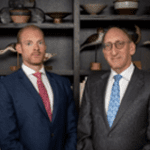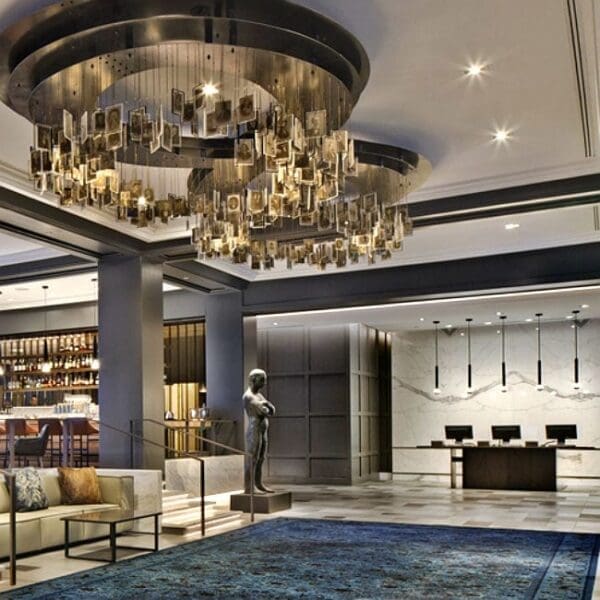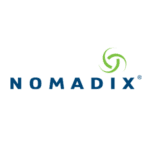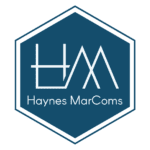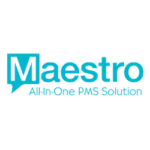The past two decades have seen an explosion of soft-branded hotels, with the last few years, in particular, bringing a wave of remarkable properties. If there’s one word that encapsulates this megatrend, it’s ‘flexibility’.
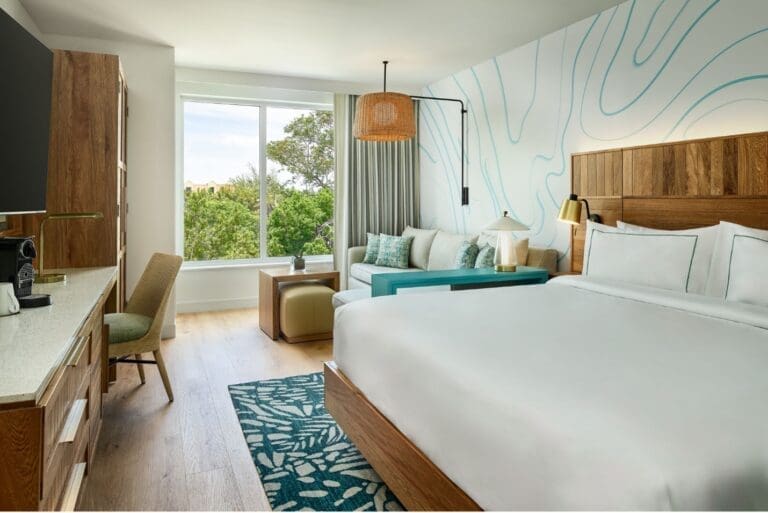
For owners and developers, soft brands offer greater latitude in conceptualization, area planning, and site repositioning, all while maintaining the robust distribution, sales, and marketing support of a major chain. This often translates into higher ADRs, increased franchise fees from stronger gross revenues, and a more substantial contribution to EBITDA. Meanwhile, guests are drawn to these properties’ distinctive designs and unique experiences—whether for leisure or group travel—aligning perfectly with the ‘experience economy.’
This appeal has fueled the success of soft-brand collections like Autograph (Marriott), Curio (Hilton), MGallery (Accor), Ascend (Choice), Unbound (Hyatt), Vignette (IHG), Premier (Best Western), Tapestry (Hilton), Trademark (Wyndham), Tribute (Marriott), Handwritten (Accor), Joie de Vivre (Hyatt), and Registry (Wyndham), among others. Yet, every project presents its own challenges, and there’s a great deal to learn from seasoned developers and long-term ownership groups who approach soft-brand conversions strategically.
A case in point is the Faro Blanco Resort & Yacht Club, a newly launched 124-key Curio Collection property in Marathon, Florida. Developed by Prime Group as a $14 million conversion and managed by Shaner Hotel Group, the project offers valuable lessons on crafting a resilient, high-performing resort. Through an in-depth interview with Heather Strauss, Director of Hotel Asset Management at Prime Group, we were able to distill some powerful lessons that highlight why this resort will stand the test of time and what all developers, owners or managers should note.
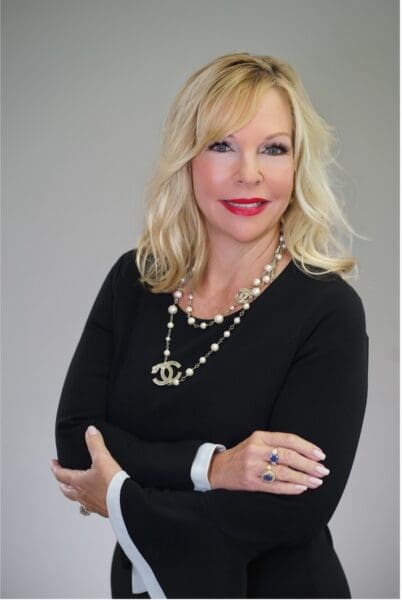
Investing for long-term asset appreciation
The Florida Keys present unique challenges for hotel development, with strict state and county regulations capping the number of hotel rooms and vacation rental units. This has created a strong incentive to acquire and reposition properties into the upper-upscale or luxury segments to maximize revenue per key. Prime Group, leveraging its multi-decade expertise, successfully envisioned and executed this conversion while carefully navigating the entitlement process to mitigate cost overruns.
Despite the ever-present need to control costs, Prime Group’s leadership – Fred Abbo, Chairman, and Larry Abbo, CEO – has long adhered to a philosophy of positioning properties at the high end of their market sector. This approach ensures long-term flexibility in adapting to industry trends while reducing the frequency of major renovations. As long-term real estate owners, they recognize that stable ownership and genuine investment in the local community lead to better job security, higher employee retention, and ultimately, a more successful hotel.
At Faro Blanco, this philosophy is evident in the scope of amenities: four outdoor pools, a full spa with a dedicated pool, wellness room categories, a yacht club with 74 slips, preservation of the historic Parrish House, 40,000 square feet of indoor and outdoor meeting space, and a marina-facing event lawn. These elements not only enhance the guest experience but also future proof the property against shifting market dynamics.
Groups demand immersive experiences
One of the most significant shifts in recent years has been the evolution of the group segment, largely driven by the rise of remote and hybrid work. With fewer in-office interactions, companies now rely on conferences, team retreats, and project sprints to foster collaboration and engagement. But today’s groups expect more than just meeting space; they want dynamic, experiential events.
Faro Blanco was designed with this in mind. Outdoor event venues, like the restored Parrish House and Parrish Lawn, provide groups with diverse settings throughout their stay. The resort even offers an exclusive fireworks amenity for evening events, adding an extra layer of excitement.
Additionally, the guestroom mix was carefully curated to enhance the experience. Beyond standard ocean-view and garden-view categories, Prime Group introduced ‘spa view’ rooms overlooking a tranquil spa courtyard, as well as dedicated ‘wellness rooms’ featuring amenities like aroma diffusion systems, sound machines, luxurious robes, and exclusive spa access. These thoughtful upgrades allow for rate premiums and improved guest satisfaction, all while staying within the project’s $14 million PIP budget.
To give you a sense of what’s in the wellness room type, here are some features:
- Relaxing sound machine
- Aroma diffusion system
- Luxurious robes
- Daily turndown service
- Access to spa amenities
- Views facing the spa courtyard pool
Mixed-use real estate and soft brand synergies
The rise of soft brands is closely tied to the growth of mixed-use developments, where hotels complement residential, retail, and commercial components. A well-integrated hotel not only serves transient guests but also enhances the value of adjacent properties by offering hospitality services, increasing foot traffic, and generating pre-construction capital through unit sales.
While Faro Blanco does not include branded residences, it exemplifies this strategic approach. By repositioning the site layout, Prime Group created a distinctive arrival experience—a long, winding driveway leading to a waterfront rotunda with access to the yacht club, main hotel lobby, and the signature Lighthouse Kitchen + Bar. This carefully designed threshold fosters a sense of retreat, reinforcing guest satisfaction and ADR. While difficult to quantify in a capex table, great developers and designers recognize the ROI of an unforgettable first impression.
Additionally, Prime Group owns the adjacent Courtyard Faro Blanco Resort, a 124-room property. Opting for Hilton’s Curio Collection for the luxury resort and Marriott’s distribution for the Courtyard was a strategic move, allowing the two hotels to share certain facilities (including pools) while tapping into distinct loyalty programs. Guests at both properties benefit from a curated suite of experiences – including boat charters, seaplane tours, snorkeling, and sportfishing – seamlessly integrated through Prime Group’s proprietary Experiences platform.
Beyond this project, Prime Group is applying similar mixed-use principles across its portfolio. In Fort Lauderdale, they’ve incorporated a Courtyard by Marriott within a multifamily development, offering hotel-style services to condo residents. In Daytona, they’ve partnered with NASCAR to develop a themed residential community. These projects highlight how thoughtful integration of hospitality and real estate can create lasting value for all stakeholders.
The value of long-term ownership and direct guest relationships
Many developers operate under a ‘build it and exit’ model, limiting their ability to gather firsthand insights from guests and residents over time. Prime Group, by contrast, is a hands-on owner, maintaining direct relationships with their customers and adapting their properties accordingly. This long-term perspective provides a competitive edge, allowing them to anticipate market shifts, refine their design approach, and maximize asset performance.
For developers, owners, and managers exploring soft-brand conversions, Faro Blanco offers a compelling case study in balancing flexibility with strategic investment. Whether through thoughtful design, immersive group experiences, or integrated real estate planning, the right approach to soft branding can unlock new revenue opportunities while delivering exceptional guest experiences.
With the continued evolution of the hospitality landscape, those who embrace this model with a long-term vision will be best positioned to thrive.


